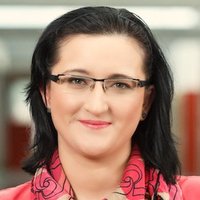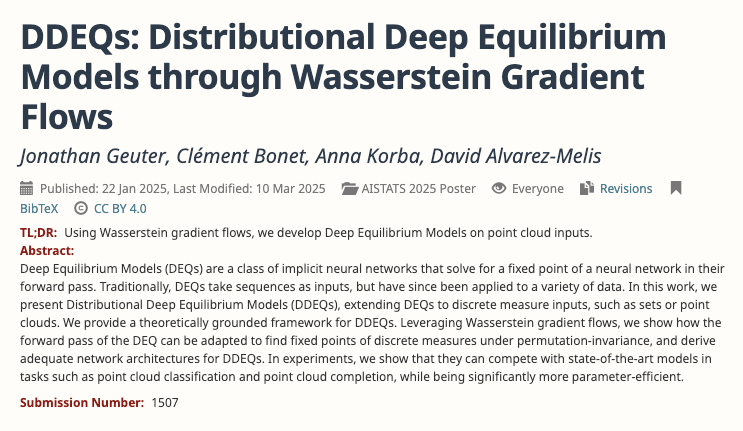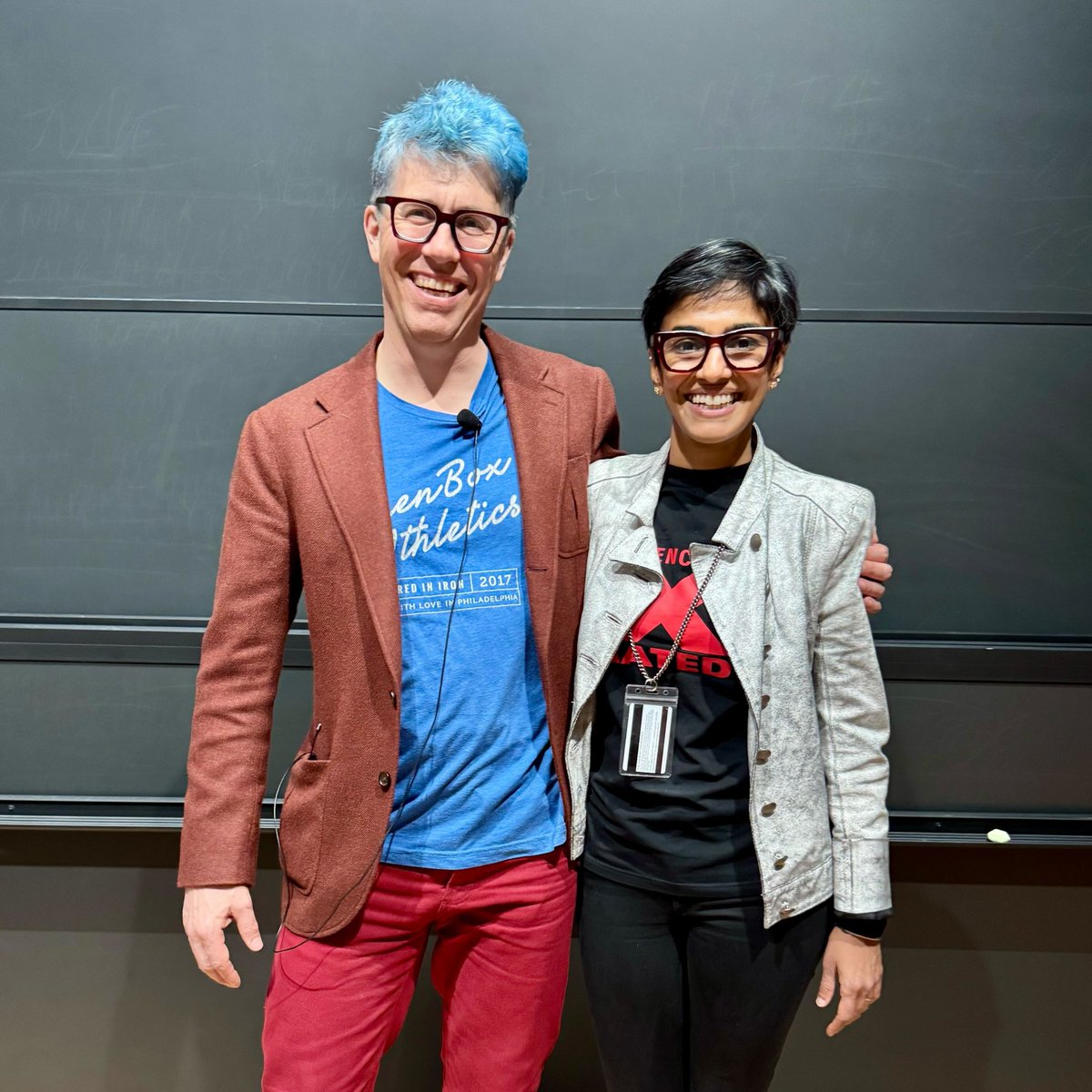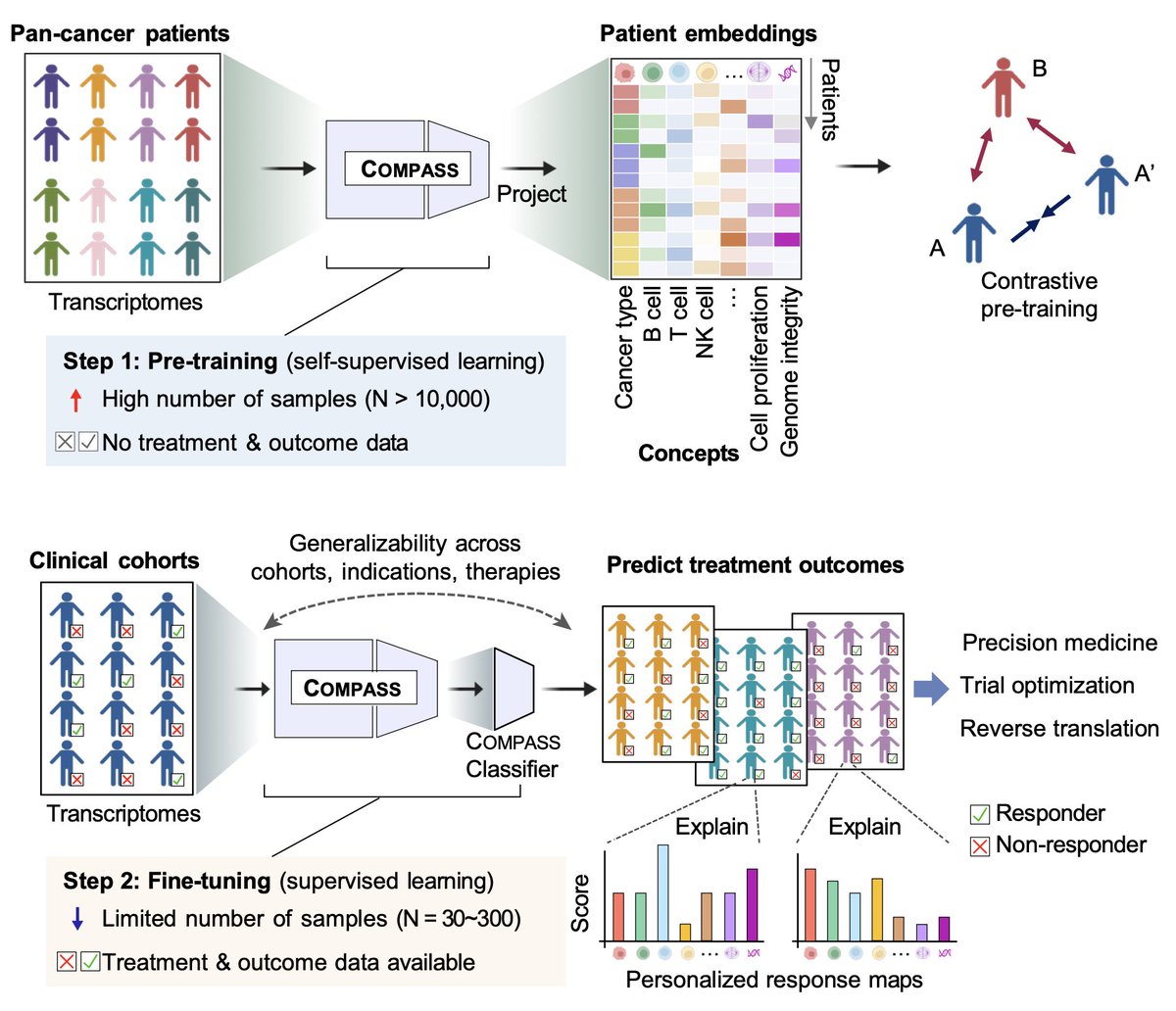
Kempner Institute at Harvard University
@kempnerinst
The Kempner Institute for the Study of Natural and Artificial Intelligence at @Harvard University. RTs ≠ Endorsements
ID: 1594763196438646784
https://kempnerinstitute.harvard.edu/ 21-11-2022 18:43:05
409 Tweet
2,2K Followers
343 Following


New in the Deeper Learning blog: Kempner researchers show how VLMs speak the same semantic language across images and text. bit.ly/KempnerVLM by Isabel Papadimitriou, Chloe H. Su, Thomas Fel, Stephanie Gil, and Sham Kakade #AI #ML #VLMs #SAEs

New in the Kempner Institute Seminar Series: Shari Liu of Johns Hopkins University presents her research elucidating the computations that enable brains to make sense of living agents and inanimate objects. youtu.be/xojTiQC9uIc #psychology #neuroscience #devpsych


That's a wrap on our graduate course in Biomedical AI! We have made materials publicly available for others to benefit from them and to support learning in this fast-moving field zitniklab.hms.harvard.edu/AIM2/ DBMI at Harvard Med Harvard Medical School Kempner Institute at Harvard University Broad Institute


If you're at #AISTATS2025, check out the presentation by Jonathan Geuter, in collaboration with Clément Bonet , Anna Korba and David Alvarez Melis. 'DDEQs: Distributional Deep Equilibrium Models through Wasserstein Gradient Flows' openreview.net/forum?id=rFfNu… #AI #statistics #ML


Check out the new Q&A with Kempner associate faculty member Sam Gershman to get a glimpse of his research on biological intelligence — including some exciting work on non-synaptic learning! bit.ly/KempnerGershman Harvard Psychology Sam Gershman #neuroscience #psychology #cogsci

It was such a pleasure to host Kording Lab 🦖 at Kempner Institute at Harvard University last week - thank you for joining us!


📢 🧬 New preprint! Can we predict which cancer patients will benefit, before treatment begins? Wan Xiang Shen Immunotherapy saves lives but many patients don’t respond to treatment, and we still lack reliable tools to predict who will benefit We introduce COMPASS, foundation


New in the Kempner Seminar Series: Konrad Kording of Penn discusses his new visual attention model that brings together decades of cognitive and neurophysiological data in a unified architecture. youtube.com/watch?v=DUBiAj… Kording Lab 🦖 Penn Arts & Sciences #AI #NeuroAI #neuroscience

Congratulations to the Kempner's Michael Albergo @ICLR2025 and collaborators on their best paper award at #FPIworkshop #ICLR2025!

New in the Deeper Learning blog: Kempner researchers characterize the inherent bias of sparse autoencoders and call for a new generation of SAEs that are aware of concept geometry. kempnerinstitute.harvard.edu/research/deepe… by Sumedh Hindupur, Ekdeep Singh, Thomas Fel, (Dem + 1) x Ba #AI #autoencoders #ML


New in the Kempner Seminar Series: Andrew Lampinen of Google DeepMind discusses how the in-context performance of language models can arise from rational adaptation to properties of the training data distribution. bit.ly/KempnerLampinen #ML #AI #LLMs

Have you ever wondered how reinforcement learning (RL) is used to train large language models (LLMs)? Check out the latest Kempner Byte, by Yohan J. John, which offers an intro to RL and explains how RL unlocks the potential of LLMs! kempnerinstitute.harvard.edu/news/from-lab-… #RL #ML #AI #LLMs

The Lunch & Learn series is coming to the end of a great first year! It's a unique space for Harvard students and Kempner trainees to dive into advanced topics in #ML & #neuroscience. Read more about the series, led by Kempner Research Fellow Ilenna Jones, PhD @ ilennaj.bsky.social: bit.ly/3H8ub6A

New in the Kempner Seminar series: Blake Richards of McGill University describes new techniques for creating large-scale foundation models for #neuroscience that improve with dataset diversity. youtube.com/watch?v=pGzJma… Blake Richards #NeuroAI #AI #ML

📢 🧬 New paper drop: "Prompting Decision Transformers for Zero-Shot Reach-Avoid Policies" by stellar PhD student Kevin Li Massachusetts Institute of Technology (MIT) DBMI at Harvard Med Harvard Medical School arxiv.org/abs/2505.19337 Imagine an agent that can reach any goal while avoiding danger, without retraining, even when the



